A healthy diet for a netballer, or any athlete, is crucial for providing the energy, nutrients, and hydration needed to perform at their best, recover effectively, and maintain overall health. Here’s a guideline for a balanced and nutritionally sound diet for a netballer:
1. Carbohydrates:
- Carbohydrates are the primary source of energy for athletes.
- Focus on complex carbohydrates such as whole grains (brown rice, quinoa, whole wheat pasta), fruits, vegetables, and legumes.
- Prioritise consuming carbohydrates before games or training sessions to fuel your performance.
2. Protein:
- Protein is essential for muscle repair and growth.
- Incorporate lean sources of protein like chicken, turkey, fish, lean beef, tofu, beans, and lentils into your meals.
- Aim for a balanced intake of protein throughout the day.
3. Healthy Fats:
- Include sources of healthy fats, such as avocados, nuts, seeds, and olive oil, in your diet for sustained energy and overall health.
- Omega-3 fatty acids (found in fatty fish like salmon) are particularly beneficial for reducing inflammation and aiding recovery.
4. Hydration:
- Staying hydrated is vital for optimal performance and preventing cramps.
- Drink water regularly throughout the day, and consider a sports drink with electrolytes during intense training sessions or games.
- Monitor your urine color to gauge your hydration status; pale yellow is a good indicator.
5. Fruits and Vegetables:
- Consume a variety of colorful fruits and vegetables to ensure you get a wide range of vitamins, minerals, and antioxidants.
- These help with recovery, reduce inflammation and support overall health.
6. Snacking:
- Opt for healthy snacks like yogurt, nuts, or fruit between meals to maintain energy levels.
- Avoid sugary snacks and processed foods.
7. Pre-game Meal:
- Eat a balanced meal 2-3 hours before a game or practice. Include carbohydrates, lean protein, and some healthy fats.
- Examples: Grilled chicken with quinoa and roasted vegetables, or a turkey and avocado sandwich on whole-grain bread.
8. Post-game Recovery:
- After a game or intense training session, focus on replenishing carbohydrates and protein to aid recovery.
- Examples: A smoothie with banana, spinach, protein powder, and almond milk, or a whole-grain wrap with turkey, veggies, and hummus.
9. Supplements:
- Consult with a sports nutritionist or healthcare professional to determine if you need any supplements, such as vitamins, minerals, or protein powders.
10. Portion Control:
- Be mindful of portion sizes to avoid overeating and maintain a healthy body weight.
11. Meal Timing:
- Distribute your meals and snacks evenly throughout the day to maintain consistent energy levels.
12. Listen to Your Body:
- Pay attention to hunger and fullness cues. Eat when you’re hungry and stop when you’re satisfied.
13. Avoid Excessive Sugars and Processed Foods:
- Minimise sugary snacks, soft drinks, and heavily processed foods in your diet.
Remember that individual nutritional needs can vary based on factors such as age, gender, activity level, and training intensity. It’s advisable to consult with a registered dietitian or sports nutritionist who can personalise your diet plan to meet your specific requirements as a netballer.
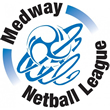
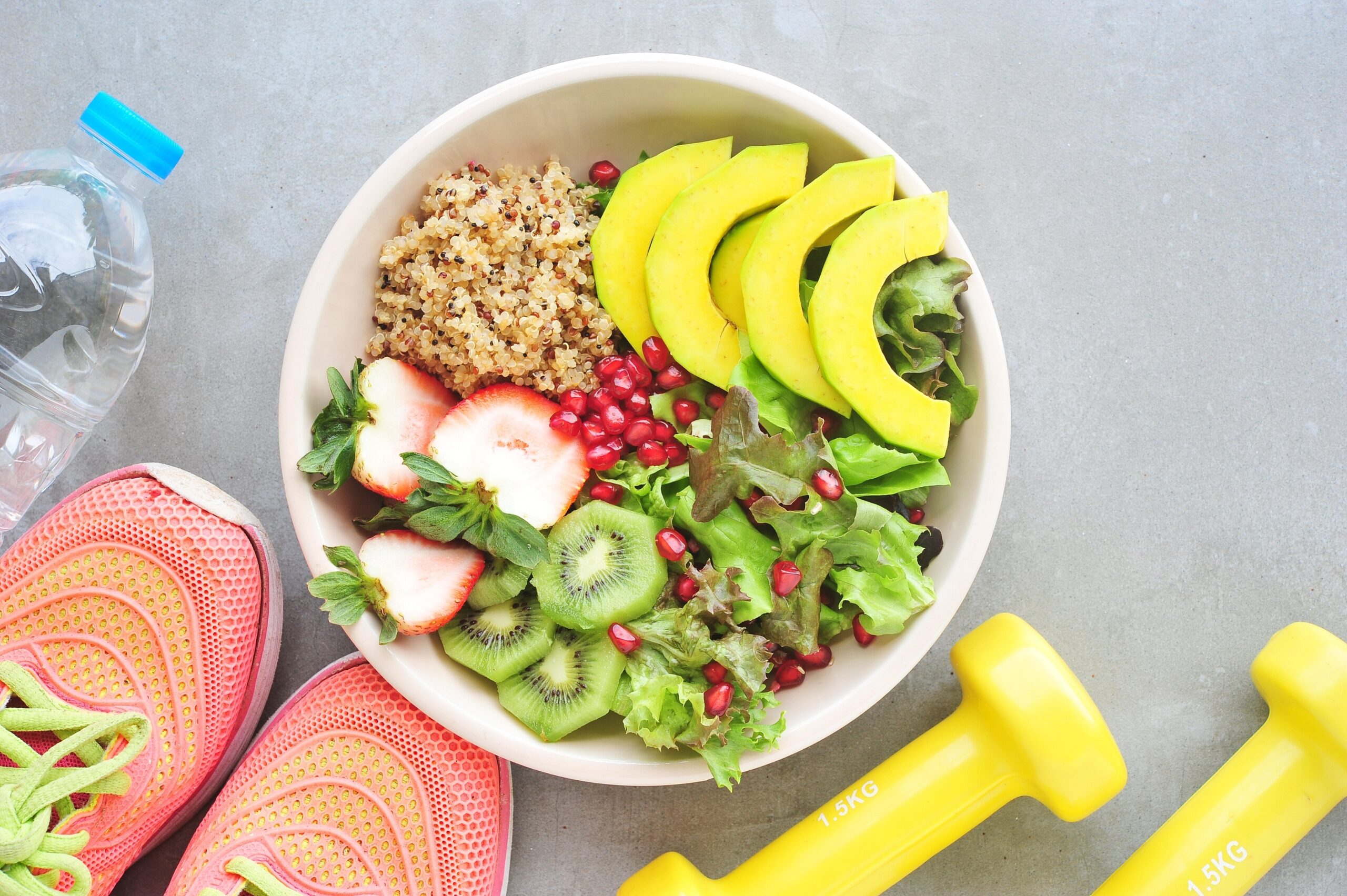

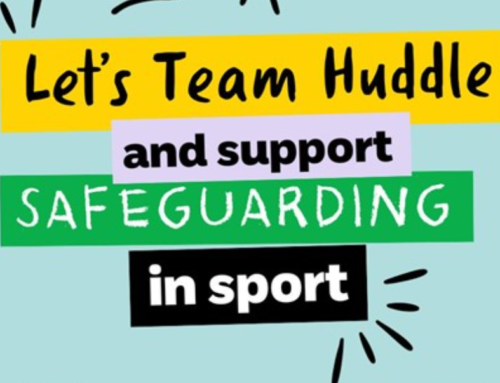
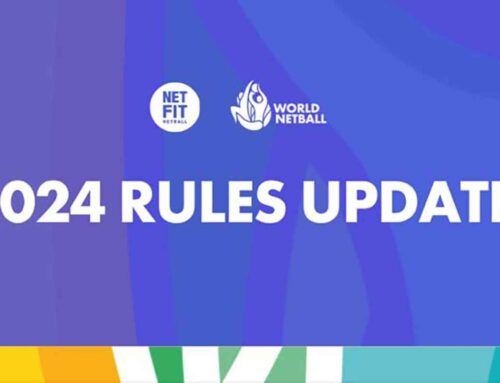
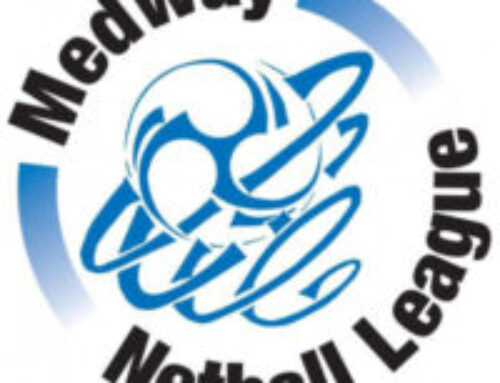
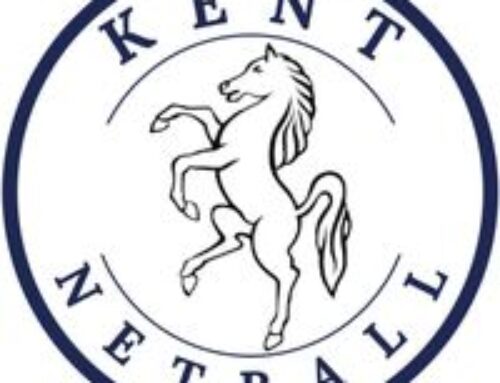
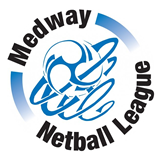
Follow us: Senior League